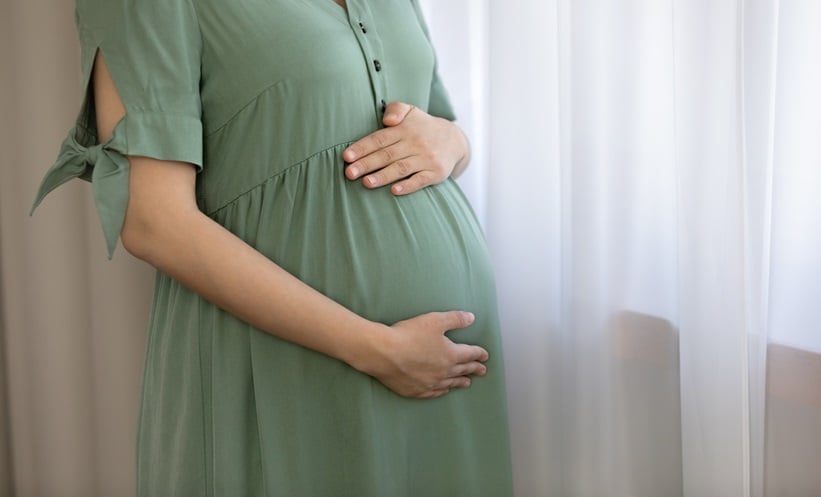A NEW retrospective cohort study of almost two thousand women has shown that serum antimüllerian hormone (AMH) levels do not influence perinatal outcomes in patients with polycystic ovary syndrome (PCOS) undergoing fresh or frozen embryo transfer.
No Link Between AMH Levels and Adverse Outcomes
The study included 1,952 women with PCOS who achieved their first live birth following an embryo transfer between 2016 and 2023. Participants were categorised into low, average, and high AMH groups using percentile thresholds, allowing meaningful comparisons across a full range of hormonal levels.
After adjusting for potential confounders, researchers found no association between AMH levels and unfavourable perinatal outcomes, including preterm birth, low birth weight, macrosomia, small or large for gestational age, and pregnancy-related complications. Results remained consistent whether AMH was analysed as a continuous measure or divided into categories.
Restricted cubic spline modelling demonstrated no nonlinear relationships, and AMH distributions were similar between those who delivered preterm and those who delivered at term, further supporting the absence of a meaningful link.
Consistent Findings Across Fresh and Frozen Cycles
When fresh and frozen embryo transfer cycles were evaluated separately, AMH again showed no relationship with abnormal perinatal outcomes. Subgroup analyses based on body mass index and age produced the same findings, suggesting that the lack of association holds across different patient profiles within the PCOS population.
Implications for IVF Decision-Making
The authors concluded that patients with PCOS and high AMH levels can still expect reassuring perinatal outcomes. They emphasised that IVF management choices should rely on established obstetric risk indicators rather than AMH levels alone, which reflect ovarian reserve but do not predict perinatal risk. The study supports a more nuanced use of AMH in clinical practice, focusing on stimulation planning rather than pregnancy prognosis.
Reference
Guo Y et al. Prepregnancy levels of antimüllerian hormone do not impact the perinatal outcomes in women with polycystic ovary syndrome. Fert and Ster. 2025;124(5):1093-103.








